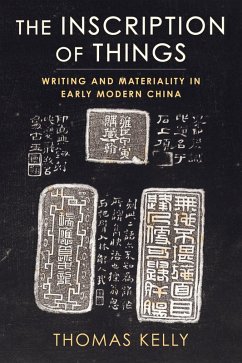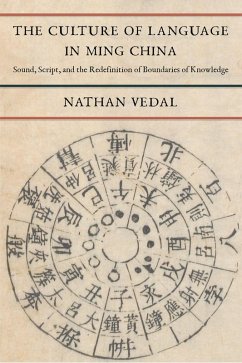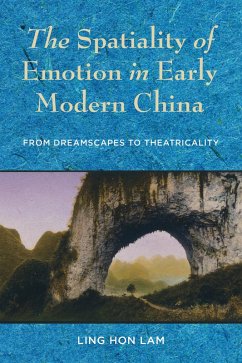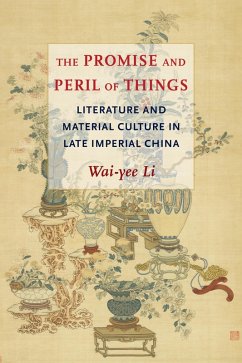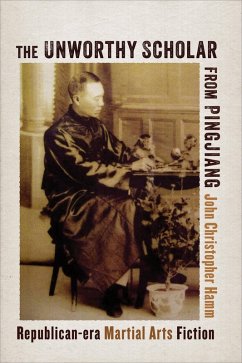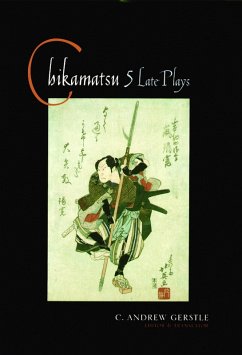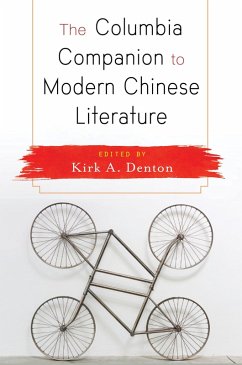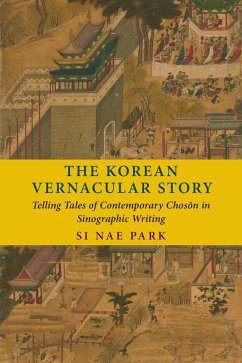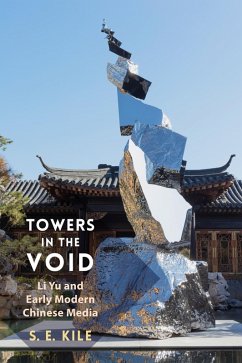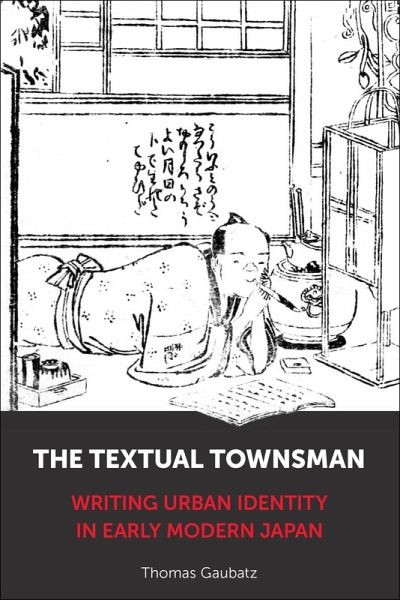
The Textual Townsman (eBook, ePUB)
Writing Urban Identity in Early Modern Japan
Erscheint vor. 09.12.25
27,95 €
inkl. MwSt.
Unser Service für Vorbesteller - dein Vorteil ohne Risiko:
Sollten wir den Preis dieses Artikels vor dem Erscheinungsdatum senken, werden wir dir den Artikel bei der Auslieferung automatisch zum günstigeren Preis berechnen.
Weitere Ausgaben:

PAYBACK Punkte
14 °P sammeln!
In the late seventeenth century, Japan's cities were sites of vast diversity and dynamism. Following decades of explosive urbanization, individuals of different occupations and economic strata came to rethink their relationships with other members of the urban community and old modes of local affiliation gave way to newly capacious forms of urban identity. These emergent social imaginaries were inextricably intertwined with the commercial circulation of woodblock-printed texts. This interplay of the social, the spatial, and the textual gave shape to a new social type: the Tokugawa townsman.In ...
In the late seventeenth century, Japan's cities were sites of vast diversity and dynamism. Following decades of explosive urbanization, individuals of different occupations and economic strata came to rethink their relationships with other members of the urban community and old modes of local affiliation gave way to newly capacious forms of urban identity. These emergent social imaginaries were inextricably intertwined with the commercial circulation of woodblock-printed texts. This interplay of the social, the spatial, and the textual gave shape to a new social type: the Tokugawa townsman.
In this innovative and interdisciplinary book, Thomas Gaubatz offers a fresh approach to understanding the literature of the Tokugawa townspeople. Ranging across history, literature, and print culture-including richly contextualized close readings of the works of Ihara Saikaku and Ejima Kiseki-he shows that popular fiction made sense of the urban world by modeling how individuals could refashion themselves through the performance of shared norms. Challenging the assumption that townsman literature was a voice of resistance to official ideology and warrior authority, Gaubatz argues that print fiction functioned to articulate new identities, legitimate emerging forms of social power, and symbolically contain the tensions and hierarchies within the urban community-and the contradictions within the townsman self. Through this vision of textual self-fashioning, The Textual Townsman develops a radically new account of the politics of popular fiction in Tokugawa status society.
In this innovative and interdisciplinary book, Thomas Gaubatz offers a fresh approach to understanding the literature of the Tokugawa townspeople. Ranging across history, literature, and print culture-including richly contextualized close readings of the works of Ihara Saikaku and Ejima Kiseki-he shows that popular fiction made sense of the urban world by modeling how individuals could refashion themselves through the performance of shared norms. Challenging the assumption that townsman literature was a voice of resistance to official ideology and warrior authority, Gaubatz argues that print fiction functioned to articulate new identities, legitimate emerging forms of social power, and symbolically contain the tensions and hierarchies within the urban community-and the contradictions within the townsman self. Through this vision of textual self-fashioning, The Textual Townsman develops a radically new account of the politics of popular fiction in Tokugawa status society.
Dieser Download kann aus rechtlichen Gründen nur mit Rechnungsadresse in A, D ausgeliefert werden.





